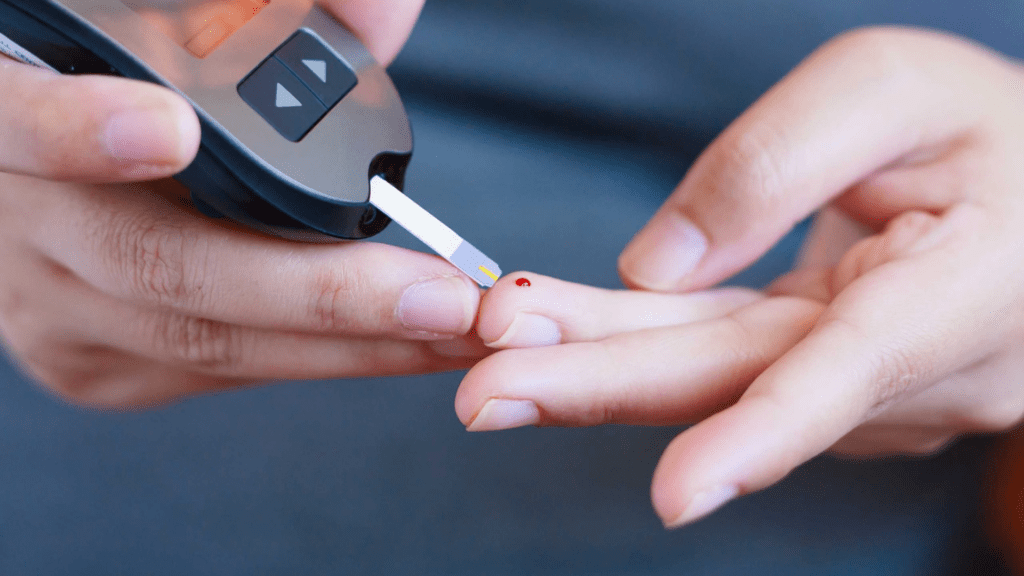In a recent study conducted by researchers in Abu Dhabi, alarming projections have been made regarding the rising costs associated with managing type 2 diabetes in the UAE. The study suggests that by 2031, the annual expenditure on dealing with diabetes could reach a staggering $3.4 billion. This revelation underscores the urgent need for effective measures to address this growing health concern.
According to the study, the number of individuals in the UAE diagnosed with type 2 diabetes is expected to escalate to 1.6 million by the early 2030s. This surge in diabetes cases is attributed to several factors, including sedentary lifestyles and poor dietary habits prevalent in the Gulf region. Diabetes not only poses significant health risks to individuals but also places a substantial financial burden on the healthcare system.
The findings shed light on the critical importance of early diagnosis and proper management of diabetes. Failure to address this issue comprehensively could result in dire consequences, including increased healthcare expenditures and a rise in associated health complications such as heart disease, strokes, blindness, and kidney problems.

Dr. Abdishakur Abdulle, an expert from New York University Abu Dhabi, emphasized the significance of such studies in providing valuable insights for policymakers and healthcare professionals. He stressed the need for proactive measures to mitigate the impact of diabetes and prevent further complications.
Efforts to combat diabetes must extend beyond medical interventions to encompass broader initiatives promoting healthy lifestyle choices. Preventive measures, including regular exercise, healthy dietary habits, and weight management, play a pivotal role in reducing the risk of diabetes and its associated health complications.
The UAE has already taken steps to address the issue of diabetes through initiatives such as the Ifhas program, which focuses on identifying individuals at risk of diabetes and providing them with necessary interventions. Additionally, the introduction of taxes on sugary beverages aims to discourage unhealthy dietary habits and promote healthier alternatives.
Experts highlight the importance of adopting sustainable lifestyle changes and creating supportive environments conducive to healthy living. By encouraging physical activity, promoting nutritious diets, and raising awareness about the risks of diabetes, the UAE can make significant strides in combating this growing health epidemic.
As the country grapples with the rising prevalence of diabetes, collaborative efforts involving government agencies, healthcare providers, and the community are essential to effectively address the challenges posed by this disease. Through concerted action and innovative strategies, the UAE can work towards reducing the burden of diabetes and improving the overall health and well-being of its population.
In conclusion, the study’s findings serve as a wake-up call for the UAE to intensify its efforts in tackling the diabetes epidemic. By investing in preventive measures, promoting healthy lifestyles, and implementing targeted interventions, the country can mitigate the economic and health consequences associated with diabetes and pave the way for a healthier future.













